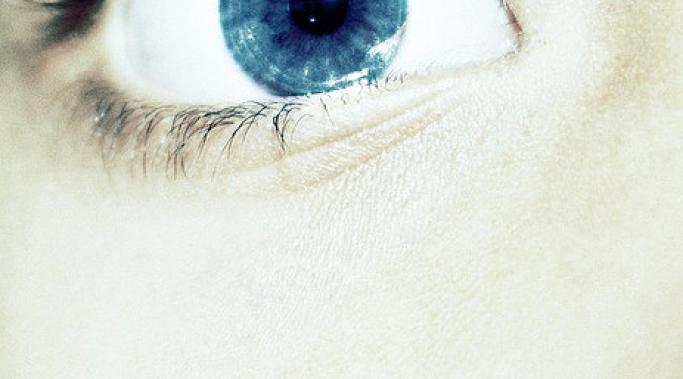Blogs
...and similar ideas with which I struggle.
Sometimes, I struggle. I feel so far away. From everything, especially mental health.
Getting up, getting ready to face the world, wondering just how close the edge is, today. It all takes patience.
When you're dealing with anxiety and depression, when thoughts will barely stay in your head, let alone make sense, when the fog sets in...It takes patience. Inhuman, incalculable patience.
Fighting the good fight sometimes means losing your way
It's with humility and a little embarrassment that I admit to having come to erroneous conclusions about sexual addiction and sex addicts without the data to back me up. Sexual addiction facts should come from educated, experienced experts - not entertainment media and anecdote. We were very fortunate to have Robert Weiss join us last week on the HealthyPlace Mental Health TV Show.
Work plus the holidays, especially Christmas and New Years Eve, put more stress on you and your mind than any other scheduled times of the year. One of the more common stress-related problems is panic attacks.
The holidays are the perfect time to instill a sense of appreciation in your kids for the blessings they have in life. I was out shopping recently for gifts, and ran into some friends who were having a hard time finding a gift for a particularly spoiled niece. This particular young teenage girl they were grumbling about had all the latest gadgets, $200 jeans, and her own horse. Now what on earth could they get her (that wouldn’t break their wallets) that she didn’t already have?
Rapunzel! Rapunzel! What can the woman in your hair teach us about borderline personality disorder (BPD)?
As a villain, Mother Gothel in Disney's Tangled is unique. She's not motivated by revenge, greed, or lust for power. Gothel, terrified of growing older, is motivated by fear. As a result, she begins to display symptoms of BPD--to the point where she will literally die without Rapunzel and her magic hair.
It's no secret that raising children requires patience, particularly children with mental illness. Patience can be the difference between moving forward from conflict and escalating into a full meltdown. I have, however, discovered a quality even more important to raising a child with a psychiatric condition--compassion.
When we were children, for most of us, Christmas was magical. You got to tear into shiny wrapping paper and discover the most amazing and wondrous gifts inside. There was a Santa Claus who confirmed we had been good all year long. There was a Christmas tree reaching to the sky and cookies and candies abounded. Our four-year-old, six-year-old, eight-year-old minds didn’t see the faults, cracks, bills and squabbles. All we remember is the Barbies, remote-control cars and cookies for Santa.
And so it should be. Those memories, even if mostly embellishments of imagination, are great to hold onto.
The problem is, for some reason, we spend our entire adult lives trying to recreate the magic that never existed in the first place.
Prior to my Dissociative Identity Disorder diagnosis my alters existed and operated outside of my awareness. They affected my life in ways I had no explanation for, like invisible strangers living in your house and rearranging the furniture. Receiving the diagnosis was like someone turned on a light and exposed the multitude around me. Suddenly I could see and hear what had always been there. None of what occurred in the aftermath of that diagnosis was new. But all of it was severely amplified. And I felt, among other things, fear.
Many patients in eating disorder treatment describe their disorder almost like a friend, says Dr. Jennifer Nardozzi, National Training Manager of The Renfrew Center Foundation. As the eating disorder becomes their primary relationship, their connection to self and others diminishes, heightening a sense of spiritual emptiness.
My husband, David, left me in August. Because of my anorexia. He couldn't handle it, after more than three years of dealing with a wife who seemed hell-bent on dying. This past spring, I spent six weeks in a partial hospitalization program that did very little for me but crush what little self-esteem I had left. I spent the summer depressed and anxious, mainly about the size of my body.
I immediately began restricting and purging (through laxative abuse) and soon lost all the weight I had gained while in the program. David soon lost all hope I would recover from anorexia. I had forgotten — again — that my eating disorder doesn't just impact me, but also my husband and loved ones.








